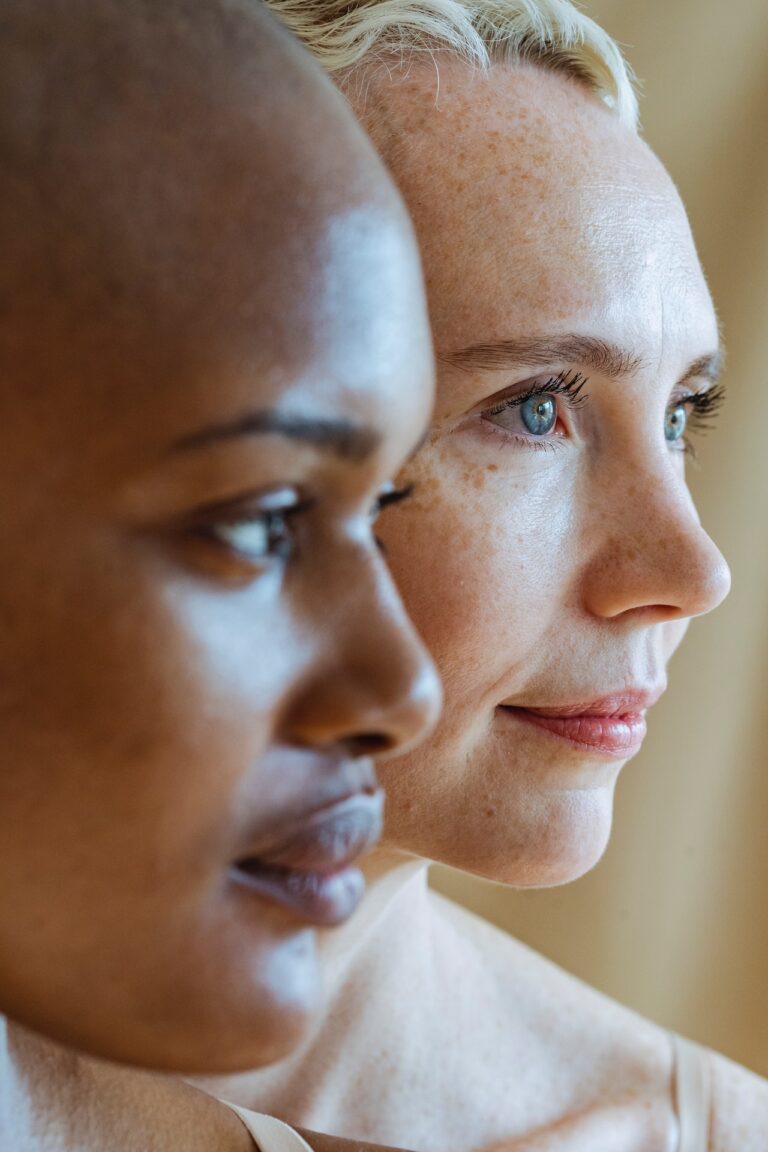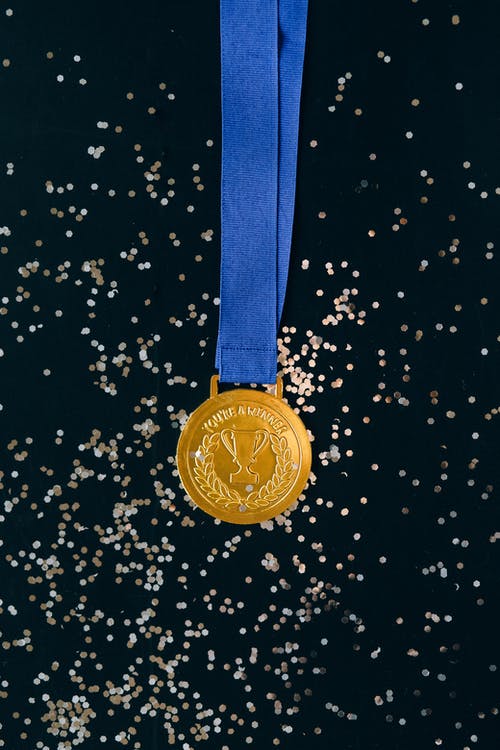Disruption can take place in business and in your personal life. In business, disruptive innovation refers to an underrated product of service becoming popular enough to replace, or displace, a conventional product of service. I am not addressing business disruption in its truest since, instead, I will focus my attention on which disruptive personal behaviors can be used to recharge you so you can achieve your goals. Also, we will consider the positive impact of disruption and how disconnecting from past comforts can position you to surge in your personal life. With 6 simple tips, you can disengage, and embrace constructive disruptive behaviors to tackle barriers that prevented you from previously succeeding.
UUNPLUG FROM THE BUSYNESS OF LIFE. There are so many distractions in life. Information overload, emails, social media, the internet, cell phones, meetings, tv and the list can be endless, when we think of daily life interruptions. Some even refer to it as a culture of busyness. I’m sure you have probably come across people who don’t respect boundaries and belief that a healthy work-life-balance is not possible. I encourage you to reject this notion and adopt a different perspective that puts you in control of managing and regulating your schedule.
Being in a chronic state of exhaustion due to a busy calendar will eventually affect your sleep, cause anxiety and lack of concentration, as well as impact your nervous system. Therefore, it is critical for you to learn ways and employ techniques to disrupt this damaging behavior. I can’t overstate the great benefits of addressing ways to alleviate pressures you experience in the workplace, your social life as well as your personal life. To be our best selves, we all need to take an occasional break. There are a few simple steps you can take to reduce the constant “on the go” and “never-ending” go-getter attitude.
Identify stressful situations; notice when you are becoming fatigued or feeling a sense of overwhelm and give yourself permission to disengage to recover. Negative stressors can show up in unhealthy behaviors including procrastinating, excessive drinking, overeating, smoking or compulsory shopping. Since normal stressors can’t be avoided, a strategy outlining positive responses, when stressful situations arise, should be a part of your normal practice.
Take a mental health break and listen to your mind and body, letting go of tensions and the cares of life, re-centering in a safe space of seclusion and privacy. You deserve it, so give yourself the level of care needed to refresh and revive.
Stop multi-tasking. This deceptive practice is at an all-time high and causes a false sense of accomplishment, while zapping your energy. Multi-tasking increases your heart rate and impedes creativity. And instead of creating positive flow states, it causes you to divide your attention, shattering and fragmenting your thoughts, making you waste precious time.
LISTEN TO MUSIC TO AUGMENT YOUR MOOD. Most believe that music affects us emotionally. In particular, the human brain serves as a key sensor when listening to music. There are some, like author, Camille Styles who engages in music therapy and regularly shares how it can be incorporated into daily human experiences. This belief also has backing in the research arena. According to an article posted in Psychology Today, entitled, Music, Emotion, and Well-Being, “One of the most important issues in the psychology of music is how music affects emotional experience.” Therefore, it is not surprising to learn that music can stir powerful responses, inducing happiness, sadness, regret, laugher, anger, or excitement in listeners. It is an obvious tool of musicians, composers, advertising agencies, sports teams, corporations and even event planners, who all use music to create a mood or to incite a specific reaction with their targeted audiences. They do it because it’s been proven to be effective.
Calming music can be used to relax the mind and body, to create a soothing or meditative state.
Inspiring music, encourages and uplifts your spirit. It can dim passivity and inactivity to awaken hopefulness and stimulate optimism. It can spark creativity and promote a spirit of innovation and ingenuity.
Energizing music is powerful, motivational, full of vitality to get us moving and activated. It incites participation, enthusiasm and can trigger a desire for engagement.
JOURNAL FOR 5 MINUTES A DAY. Develop a practice of writing your thoughts in a notebook to capture precious memorable moments. Journal to interrupt intrusive, negative emotions, getting them on paper and out of your head – to redirect your focus.
Many times, grand gestures are not needed to implement change. Taking small steps will foster a greater commitment to this simple, yet powerful practice. It’s been proven that investing time to scribble your personal thoughts so they can be read and reviewed later, is impactful for stress-reduction. Your 5 minutes should include:
A moment of positive affirmations to start your day. A time of thankfulness for your life – showing gratitude for waking up to experience another day
60 seconds acknowledging at least one thing that caused you to smile in the past few days
A moment recognizing and acknowledging something good that happened to a friend, someone you know, or an acquaintance
60 seconds identifying how you will be other-person-centered, today, instead of self-centered
One minute in a stream of consciousness recording your free-flowing thoughts
INDULGE IN BLISSFUL “ME” MOMENTS. It’s clearly important to care and have empathy for other people, however, it’s just as important to establish self-care opportunities which is different from being selfish. These are instances where you take time to make sure you are well. It is well-known, during airline flights, you are given instructions, in the case of an emergency, you should place your oxygen mask on first. Simply put, in a crisis, the only way you are available to help others, is to ensure you survive. Self-care is vital to your short-term and long-term well-being and should be experienced as a guiltless, necessity and not seen as a nonessential pleasure. Your “me” moments will also include feeding your spiritual self if it’s a part of your belief. Lastly, it will involve saying “no” to all things that threaten your joyous state – the place where you thrive. Saying “no” may take practice, especially if you are a people pleaser or if you have been tagged as the person that everyone can count on. But “no” is what you must learn to say to create more “yes” opportunities for yourself.
Commit to bit-size wellness checks through personal self-care – simple actions, like reveling in a bubble bath to alleviate stress, pausing for meditation, engaging in breathing exercises for 10 seconds or physical exercises for 15 minutes.
Read books that inspire, encourage, and soothe your soul; to expand your spiritual growth, or books of intrigue, offering you moments of escape as you mentally travel to interesting and fun places.
Take a short walk, once or twice a week to relax and enjoy the solitude of the moment.
REFOCUS YOUR ATTENTION AND DEDICATE YOURSELF TO BEING MORE DELIBERATE AND PURPOSEFUL. You will need to address specific areas like focus and concentration. Sometimes, it’s easier said than done because of difficulties we may face when attempting to buck a system that rewards a never-ending cycle of busyness.
It’s critical to have a replacement plan when you are embarking on a new path that require you to modify or change your behavior. If you are stopping a bad habit or one that is no longer serving you, a good habit needs to replace it. Failing to do so, is a recipe for frustration and disappointment. Of course, forming new habits take time, but first you must commit to a process of change, which means putting in the time needed to see positive results. There are varying views on how long it takes to form a new habit, some say 30 days, or 45 days and others say 60 to 90 days. However, what’s most important, is for you to understand yourself, your rhythm and how long it takes for you to modify your behavior. I have found it quite encouraging to know there are ways all of us, if we commit to it, can improve our concentration.
Practice mindfulness to enhance your ability to be “present” in each situation.
Train yourself to recognize, acknowledge and manage your emotions so you are not ruled by them.
Commit to being attentive and responsive as needed to improve engagement with others.
Concentrate on exploring the world around you with a spirit of awe, enjoying its heartiness, complexity, diversity, and beauty.
SET DAILY INTENTIONS ATTACHED TO SPECIFIC ACTIONS. Get in the habit of setting crystal clear daily intentions. Some refer to it as their “to do list”. This practice should involve what’s needed to set your intentions (routine before engagement), when you set them (the night before or first thing in the morning), listing your intentions and how you plan to measure success. To do this you must:
Focus on your goals. Daily intentions serve to guide your daily path not to control others or outside forces.
Focus on what you will and what you won’t do, which places you in charge. You squarely position your mental and emotional care as your responsibility.
Develop an abundance mindset which can cause a substantial increase in productivity. It is choosing to see the glass half-full vs. half-empty. Opting to see the doughnut vs. the hole. These maxims are repeated because of the elements of truth they embody and how you choose to view them. You determine if situations you face are tackled from a position of strength and power or lack and weakness. Intentions attached to simple, tangible, achievable goals have greater follow-through and probability of success. Having an abundance mindset will help reduce self-condemnation and your tendency to manipulate others and outcomes.
Revisit how you analyze situations you encounter, continuously. Become aware of your response to conditions and circumstances you experience. Learn how to unleash positive energy that flows unhindered. Doing so, will empower you to impact how your day unfolds.
Most will agree, prior to 2020, we were experiencing rapid changes, however, the global pandemic caused a need for accelerated change and responsiveness, not seen for a half century. Disruptive technologies, digital transformation, heighten political divisiveness, environmental issues, economic concerns, health, business, and education innovations will continue to drive change. Therefore, being opened to disconnecting from things that are inhibiting us while embracing disruptive behaviors that have a positive impact will continue to be crucial.
There is a greater need for strategic thinking and a willingness to depart from the crowd – to take the courageous stand of disconnecting from busyness as the status quo.



